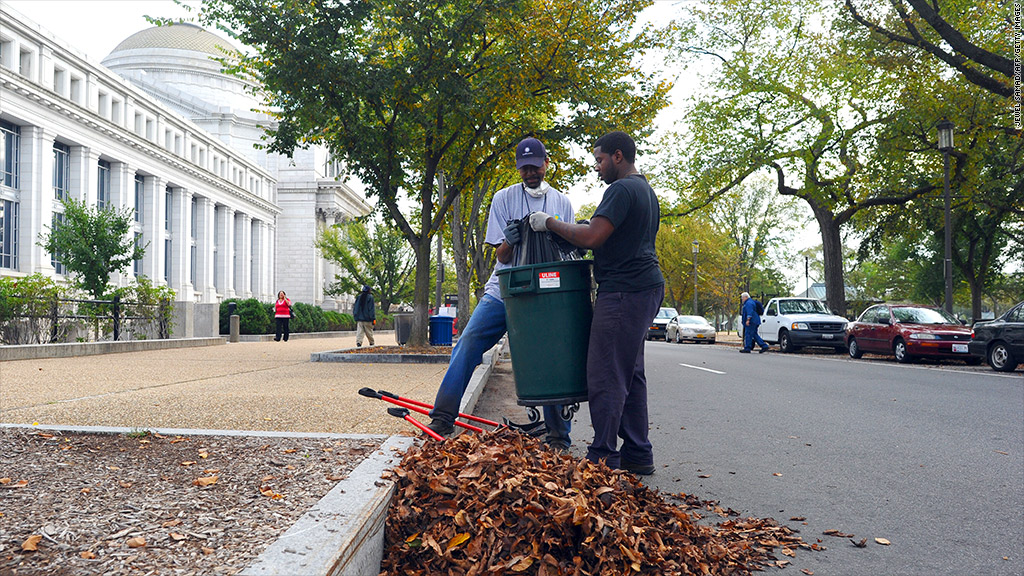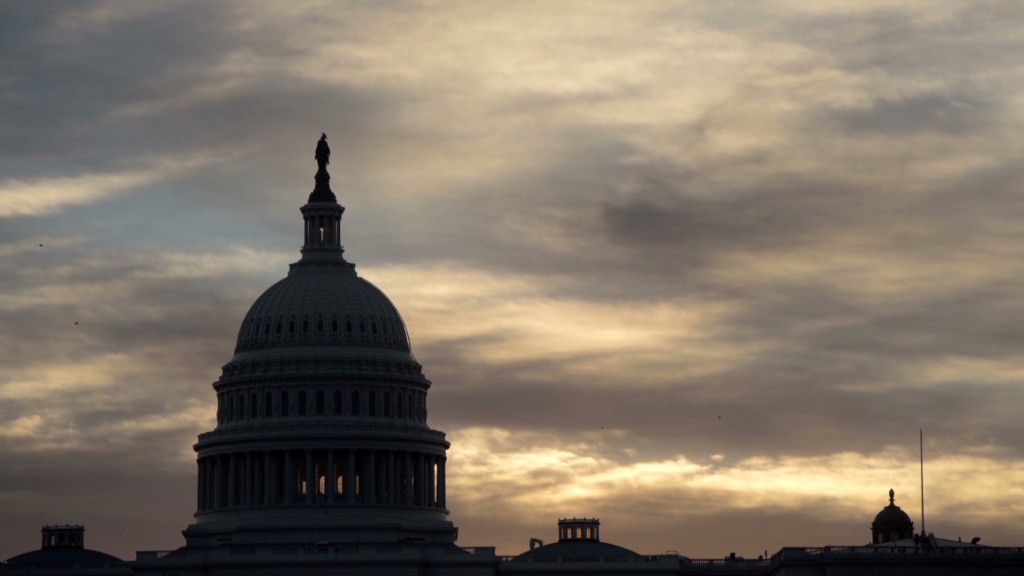
Federal workers have finally caught a break.
The deal Congress passed Wednesday to end the government shutdown allows the Obama administration to raise government employees' pay by 1% after Jan. 1 -- the first raise of its kind in three years.
The 2.1 million federal workforce has missed out on cost-of-living increases each year since 2010, although merit-based raises have been allowed.
Related: Federal workers to be paid Oct. 25.
For federal workers, the raise is the one bright spot in a tough year. They just returned to work Thursday, after 16 days of furlough or unpaid work. Workers will get back pay beginning Oct. 25.
Indeed, the 1% pay hike is mostly symbolic, said John Palguta, vice president for policy at the Partnership for Public Service, a nonprofit that advocates for efficient government.

"A lot of what was happening with the shutdown was a fundamental questioning of the value of public service," Palguta said. "Symbolically this is saying: Yes, what you're doing is important. . .and we're going to put our money where our mouth is."
The shutdown came weeks after the last round of furloughs that agencies were forced to implement when $85 billion in forced budget cuts kicked in on March 1.
Another problem for the workforce: many federal agencies froze hiring this year, so workers who remained on the job had larger workloads to compensate for colleagues who have retired or left public service.
House Republicans have argued over the years that federal workers are one of the reasons behind the large deficit. Republicans suggest that their pay and benefits are more generous than the private sector.
A 2012 report from the nonpartisan Congressional Budget Office found that federal employees get 46% better benefits on average compared to the private sector.
But when it comes to pay, it isn't that simple. Federal employees, on average, make $77,414 a year in wages, about 44% more than private-sector employees' $53,463, according to the Bureau of Economic Analysis. The difference in pay is due to higher education levels in the federal workforce, more white-collar jobs and the concentration of jobs located in Washington, a more expensive place to live than other parts of the nation.
Democratic lawmakers praised the promised pay hike, calling it long overdue.
"The promise of a modest pay raise and back pay for furloughed government employees are good first steps in recognizing the value of federal workers," said Sen. Barbara Mikulski, a Maryland Democrat.


